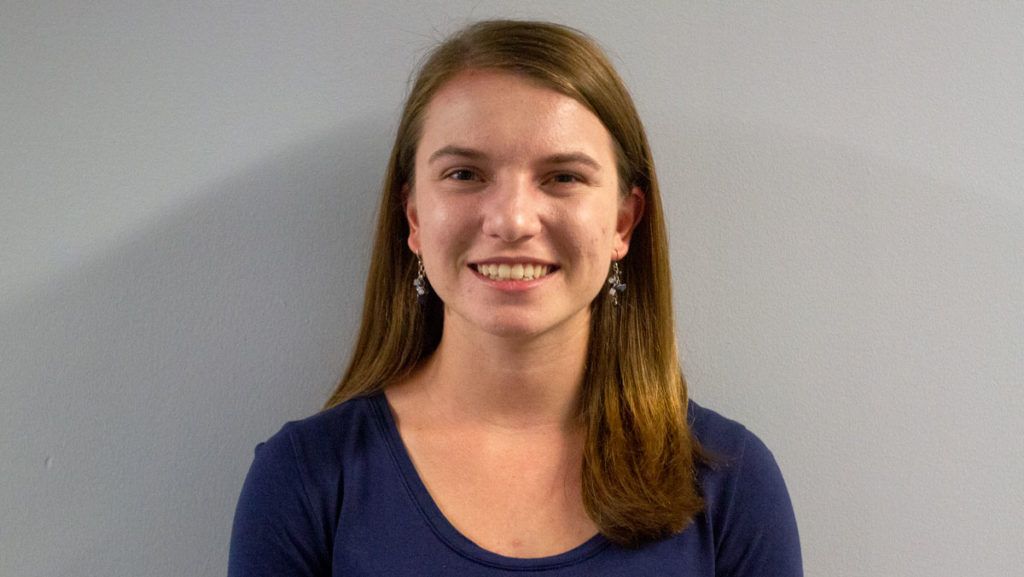On Sept. 6, a Dallas police officer drove to her apartment after a 14-hour shift. She found the door ajar, saw the “silhouette” of an intruder inside, issued “verbal commands” and fired her gun twice. After turning on the lights, it became apparent that Amber Guyger had made a deadly mistake: She was the intruder and had fatally shot her unarmed neighbor, Botham Jean, in his own home.
The response to the white police officer shooting Jean, a 26-year-old black man, demonstrated exactly why the Black Lives Matter movement is still relevant. Although he was on the receiving end of bullets while unarmed and in his own home, Jean’s life, not Guyger’s, was put under a microscope. When baggies of marijuana were found in his apartment, it made headlines despite not being relevant to the shooting.
However, Guyger was allowed to leave the crime scene, turn herself into a different jail and wasn’t arrested until three days later when she was charged with manslaughter. People blamed Guyger’s long shift for her reflex instincts to shoot and began to debate the hours officers should work instead of focusing on the issue of bias for police forces. While police officers need to rely on instincts to keep themselves and others safe, shooting the unarmed citizens they have sworn to serve shows the system is flawed. Even if everything happened exactly as Guyger claims, the outcome still should have been different. Why do we question why he didn’t obey instead of asking why she didn’t stop? He was unarmed in his own apartment — why didn’t she turn on the light before shooting?
Jean was careful to avoid problems with the police in all aspects of his life. He regularly wore dress clothes, kept his car in good condition and watched his conduct to minimize any conflicts with police in interactions in the future, even though others described him as a “model citizen.” A man who was so aware of racial tensions between white officers and black men almost certainly would have complied in a heartbeat with a gun pointed at him by a police officer. The current police procedure of shoot first, ask questions later, targets a specific demographic, and the statistics will only get worse if we treat this as an isolated incident.
Nonwhite Americans comprise 37.4 percent of the United States population but make up almost two-thirds — 62.7 percent — of unarmed people killed by the police. Botham Jean, Michael Brown, Philando Castile, Tamir Rice and so many others deserve the justice our criminal legal system promises. Police officers have the same responsibility to protect and serve people of color, and that can only happen when their biases are addressed and challenged. Guyger and many other officers may regret their reflex actions, but losing a badge is in no way comparable to losing a child. Too many people have died at the hands of police officers whose gut reliance on bias in the middle of a tense situation results in shooting without a clear and present danger. We have to hold our police officers to higher standards; without substantial reform within police stations, minorities will continue to be on the receiving end of bullets fired from an unjust system.




